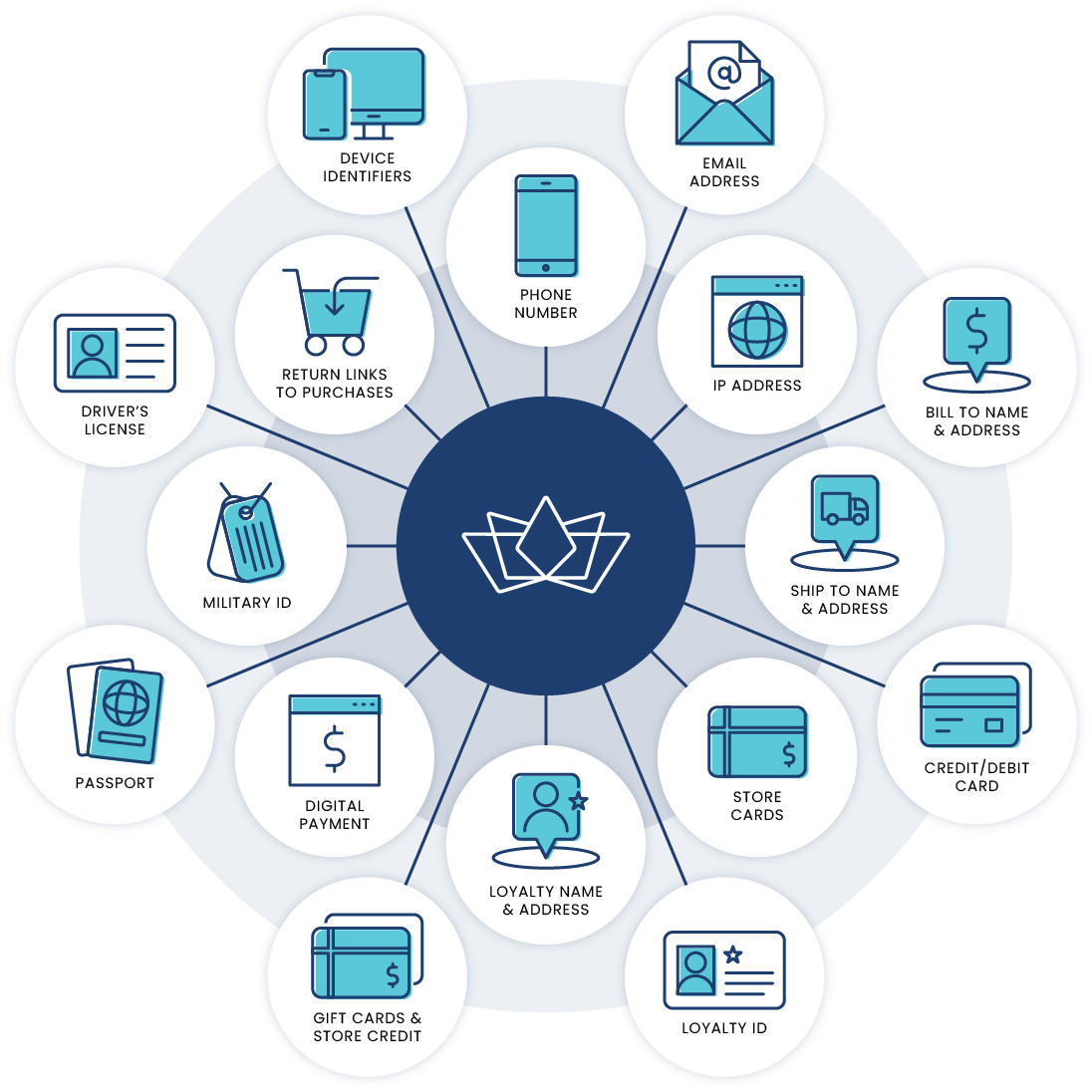
Online Return and
Claim Authorization
Fraudulent return and claim abusers don’t stop at the store—they target websites and call centers too. Appriss Retail protects every channel, validating claims like ‘item not received’ or ‘item damaged’ to prevent fraudulent refunds, appeasements, and margin erosion.
Fraudulent and abusive returns and claims are costing retailers more each year, reaching $103 billion last year alone.
The Challenge
While many claims are legitimate, fraudulent claims are becoming increasingly common. In 2024, 15% of returns and claims were abusive and fraudulent. For example, in false “item not received” claims, a customer may assert that they never received the item, even when they did. These fraudulent claims can lead to significant financial losses for retailers, making it crucial for them to differentiate between legitimate claims and abusive ones.
The Impact
Over 50% of consumers have decided not to buy from retailers due to return policies. To remain competitive, retailers need solutions that prevent abuse without alienating their best customers.
The Solution
A comprehensive fraud mitigation strategy must include a 360-degree view of the customer across all interaction points—online, in-store, and through call centers. When combined with Engage In-Store Return Authorization, this holistic approach allows retailers to better understand customer behavior, detect inconsistencies, and prevent fraudulent or abusive returns and claims. Appriss Engage Online Return and Claim Authorization extends fraud protection across all channels, helping ensure that no matter where a customer engages, the transaction is safeguarded against fraud and abuse.
By leveraging AI technology, retailers can confidently address claims and reduce the risk of false claims going unnoticed. Appriss Retail’s real-time, behavior-based AI models analyze interactions across all touchpoints to stop fraud, protect margins, and maintain a frictionless shopping experience.


Engage Online Return and Claim Authorization is a module within the Appriss Engage solution that applies AI modules to stop return fraud and abuse in real time based on shopper profiles.
Benefit: An 8 to 12% reduction in returns and claims, saving millions while ensuring every customer gets the experience they deserve.
Key Features of Engage
Flexible Return Parameters
Retailers can confidently offer consumer-friendly return policies without increasing exposure to fraud or abuse.
Behavior-Based Authorization
Engage leverages AI models and statistical models, reviewing individual behaviors to authorize returns, making it highly effective in reducing fraud and abuse.
Real-Time Recommendations
Engage assesses customer behavior and return history, providing recommendations to approve, deny, or warn during the return process. Warnings are often perceived more positively than denials, helping to preserve customer loyalty.

The Appriss Linking System connects the dots in your data
Applying artificial intelligence and advanced data models across all your transactions, the Appriss Linking System links purchases, returns, orders, claims, appeasements, credit cards, and other information to create a more consistent view of shopper behavior.
Engage instantly analyzes the linked transactions to give your systems automated recommendations to approve or deny a return, or issue a warning based on guidelines defined by your company. The result: Profit dollars directly back on your bottom line. Good customers have a great experience while fraud and abuse are deterred.
The Result? Real ROI.
Mitigate risk efficiently
Analyze and act fast
Optimize your LP strategy
Reduce returns & cut shrink to recapture profit with Appriss Retail.
Connect with the Appriss Retail team to see how you can drive revenue back to your bottom line by stopping fraud and abuse from checkout to return: in-store and online.
You’re in the right place if your company wants to:
- Deliver a customer-first returns experience while protecting margins
- Empower your front-line to manage returns and claims with ease
- Cut shrink without slowing sales and adding headcount
- Identify gaps in people, places, products, and processes to stop fraud
- Gain complete visibility into incidents to prevent future issues
